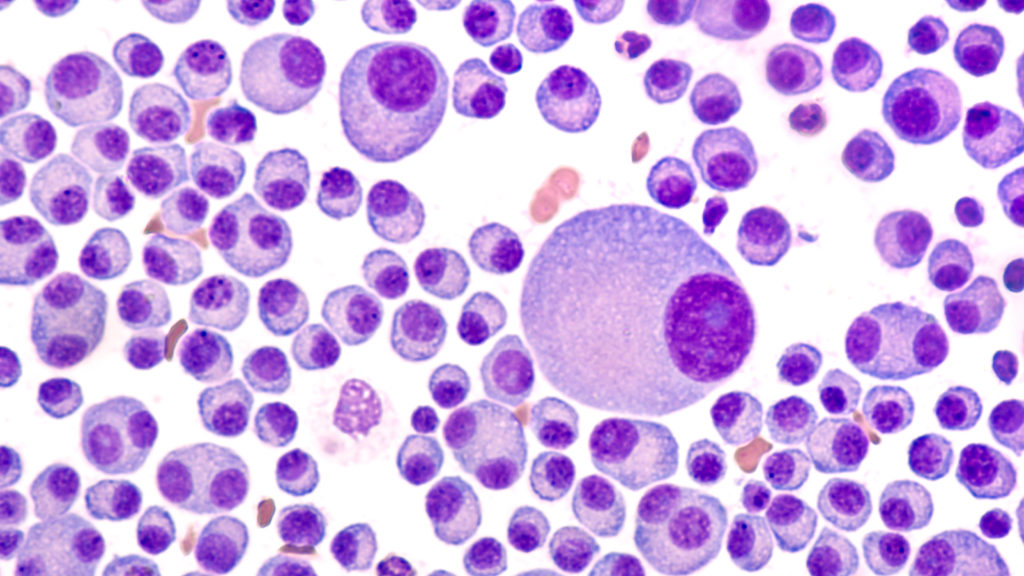
Australians living with an incurable blood cancer have today (Wednesday, April 1, 2020) gained access to a new, government-subsidised treatment option.
REVLIMID® (lenalidomide), now listed on the Pharmaceutical Benefits Scheme (PBS), is Australia’s first and only maintenance treatment indicated and reimbursed for the treatment of newly diagnosed multiple myeloma (NDMM) patients who have undergone an autologous stem cell transplant (ASCT).
Today’s PBS listing of the treatment is coinciding with an article just published in MJA Insight, calling for timely access to effective treatments for those living with multiple myeloma.
According to article author, Professor Miles Prince, Clinical Haematologist and Director of Cancer Immunology and Molecular Oncology (Epworth Healthcare, Melbourne), continuing to broaden access to multiple myeloma treatments is critical to improving patient quality of life.
“Currently, people living with myeloma have a median survival rate of more than seven years which is significant in comparison to the median survival rate of just three years in the early 2000s.
“For survival rates to continue to improve however, patients must receive timely access to the most effective treatments,” said Prof. Prince.
“The PBS listing of maintenance for multiple myeloma will provide newly diagnosed patients with an additional treatment option for their disease.”
Not to be confused with the skin cancer, melanoma, multiple myeloma is an incurable blood cancer that develops from plasma cells, a type of white blood cell found in the bone marrow.
Representing Australia’s third most common blood cancer (after lymphoma and leukaemia), approximately 18,000 Australians are living with multiple myeloma at any given time,1 only half of whom will survive five years post- diagnosis.
Myeloma Australia CEO, Steve Roach, today welcomed the availability of a new treatment option for the incurable disease.
“The multiple myeloma patient journey involves a pattern of Response, Remission and Relapse, with individuals responding differently to certain treatments due to the complex nature of the devastating disease.
“Additional treatment options are required throughout the patient journey, for both the newly diagnosed, and those who have already commenced therapy. Although incurable, we hope that multiple myeloma will one day be treated as a chronic, rather than a terminal disease,” Mr Roach said.
The incurable nature of the disease and the likelihood of relapse, may have a psychological impact on patients, who can continue to live in fear even during periods of remission.
With studies revealing more than half (52%) of those living with multiple myeloma experience symptoms of anxiety or depression, improving access to treatment, and extending time spent in remission, may help to improve psychological wellbeing.
Wife and mother-to-two, Maria (53) was diagnosed with multiple myeloma in December 2018 and found her initial diagnosis very overwhelming.
“When my husband Danny and I first heard the diagnosis, we were completely overwhelmed. We didn’t know what Myeloma was and we didn’t know what this meant short or long term. I didn’t know if I was going to die in a month, a year or 10 years. How on earth was I going to tell everyone I had cancer,” said Maria.
“During my journey I blogged about my experience with multiple myeloma and posted to my Facebook daily to keep the calls and fears of my family and friends at bay. I have since accepted that myeloma is now a part of my life. I have no anger or fear and instead just live in the moment and take one day at a time.
“It’s very exciting to see new treatment options for multiple myeloma being funded by the government, and I hope to keep raising awareness, to ensure the myeloma community continues to receive access to the best treatment options available,” Maria said.
